6-Months of Interviewing…Still Not Satisfied
After six months of searching for the talent they wanted, the Chief Compliance Officer (Bob) still wasn’t satisfied. He and his team of eight interviewed one candidate after another over a six-month period. Nobody satisfied all 8 interviewers plus Bob.
When asked what was Bob was expecting in the right candidate, he could not articulate his thoughts. He just knew in his gut that he hadn't met the right person yet. This happens frequently. A hiring decision maker needs to fill a mission-critical position on their staff, and they are not able to articulate what it is they want in the ideal candidate.
The Solution
What was the solution? The solution came in the form of an external executive search professional who was gifted with the intuition and sales skills required to know what questions to ask Bob in order to unlock the previously masked thoughts in his head.
Until the gifted executive search professional came along, nobody in Bob’s company knew how to ask the right questions and nobody had the courage to ask questions that would challenge Bob’s thinking. Challenging Bob’s thinking is exactly what needed to happen.
An Offer Was Made
Bob did say that he had recently made an offer to someone just to get the search process over with, and the person turned the job down. When asked if the person he made an offer to was the ideal candidate, he said, No!
Hiring a Candidate Who Doesn’t Fit
Why would a company hire anyone who is not the ideal candidate? This particular company had a somewhat unique interview process. An interview consisted of eight company employees positioned around a conference table with the candidate positioned near the middle of the table.
When eight people are involved in an interview, there is a significant chance that there could be eight different agendas to satisfy when you’re the candidate being interviewed. Why? Because everyone is wired differently, everyone thinks differently and everyone could have different questions on his or her minds.
Time For a Paradigm Shift
Once the executive search consultant got involved, he re-wrote the job description based on the new information he’d been able to extract from Bob’s thinking. Instead of posting jobs on job boards to discover candidates who were actively looking for a new position, the executive search consultant directly recruited candidates whose skills, abilities, characteristics, and capabilities aligned with Bob’s picture of an ideal candidate.
Three Candidates Flown In
Three candidates were introduced to Bob’s company. All three candidates were granted telephone interviews. All three candidates were flown in for final interviews. All three candidates sat in front of Bob and his committee of eight interviewers.
Candidate Number 1
The first candidate arrived in a suit and tie. He spoke well, looked like a Vice President and made a great first impression. When the eight interviewers’ questions started to fly, the first candidate instantly answered each question by telling the interviewers exactly and precisely how he would build the new program. He thought he’d nailed the interview because he said everything he had planned to say. His confidence was high.
Candidate Number 2
The second candidate arrived. He also made a great first impression, spoke clearly and looked like a Vice President. All was good until the eight interviewers started asking questions.
The second candidate had a previous first career that was different from the job he was interviewing for and he was ten years removed from the first career. For some reason, every answer he provided to the interview committee came from the basis of what he’d done in his first career and he skipped over what he had professionally accomplished in the ten most recent years of his life. He too thought he had delivered a great interview.
Candidate Number 3
The third candidate arrived. Just like the first two candidates, he was articulate, he dressed well, he looked like a Vice President. After a time of meet and greet, everybody took their position at the conference table.
When the eight interviewers started asking questions, the third candidate paused for a moment and asked clarifying questions before he answered questions. He heard each interviewer’s original question and he had ideas that quickly popped into his mind, but he didn’t speak right away. He exercised impulse control.
Instead, he asked each interviewer for the deeper meaning behind their question so he could be precise in answering the interviewer’s question with an answer they wanted to hear rather than an answer he wanted to give. He adjusted his delivery to match each unique person in the eight-person interview audience and doing so made all the difference.
Job Offer
At the end of the day while the third candidate was still in the building, Bob, the Chief Compliance Officer, called the executive search consultant, expressing his satisfaction with the third candidate. An offer was made, by the executive search consultant, to the third candidate before he’d left the building. The hired candidate had been with Bob’s company for the past 10 years and is still prospering.
The Audience Matters Most When Interviewing
While an interview is about you, it is for the benefit of your audience. When you interview, you’ll likely meet multiple people. Each person in your interview audience will have unique thoughts, ideas, and agendas.
Invest time to find out what your audience cares most about and talk about their topics rather than the agenda you might be tempted to bring to the interview with you.
Jeff Snyder’s, Interview Coaching, Career Coaching Blog, 719.686.8810














